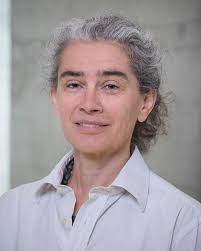About the lecture
The lecture takes up the idea of yesterday’s presentation on the cultural reflex to solve social problems through education, focusing on curriculum reforms in the second half of the 20th century. It starts with the beginning of the 20th century, when great educational hopes were placed in film and radio, whereas today, these hopes reside in newer computer technologies and in e-learning in particular. One of the high times of solving social problems by education were certainly the decades after World War II, when the United States launched a massive change in curriculum to catch up to the Soviet level of scientific education. Also in Europe, the 1960s and especially the 1970s were a time of intensive school reform, on the curricular and on the organizational level. England, Wales, and Germany, for example, introduced a comprehensive school reform, and Switzerland discussed school reforms by introducing new subjects or teaching strategies in the curriculum, e.g., programmed instruction, sex education, or media education as responses to perceived social challenges or ineffective old strategies. As a rule, these reforms were accompanied by debates expressing expectations and demands of schooling.
The lecture will be followed by a plenary discussion
This open lecture is a part of a PhD course held 12 -14 August Educationalization – or: Why and how we think that education is the key solution to all kinds of problems and welcome you also to participate in the following open lectures:
